It started in 2019 as a reforestation program after the big fires of the previous summer, but today it can already be considered an authentic movement, which involves the local community and “has already left a mark on Monchique”. O Renature Monchique, which allowed the planting of more than 200 thousand trees in the Algarve mountains and helped 60 owners, will enter its fourth year and continue to make this territory more resilient.
In 2022, the objective is to plant another 75 thousand trees of native species, with a special focus on the Monchique oak, but also cork oaks, chestnut trees, strawberry trees, cerquinhos oaks, ash and alders, announced yesterday, November 10th, the partners in this project, in a session in Faro.
But, more than planting trees, the main concern of the team at GEOTA – Grupo de Estudos do Spatial Planning and Environment, which coordinates this project, is to ensure that the work lasts over time and makes the forest more resistant to fires.
«The important work we are doing is direct contact with farmers and landowners, to make them understand not only the danger of investing in fast-growing species, which are not native to the Algarve – because large fires are, in a good part of it, as a result of that -, such as the advantages of investing in the natural species of the region», João Dias Coelho, president of GEOTA, told journalists on the sidelines of the session.
“In this way, we are defending resilience and, above all, protecting the ecosystem of the Serra de Monchique, because the set of native species does not include eucalyptus and maritime pine”, he added.
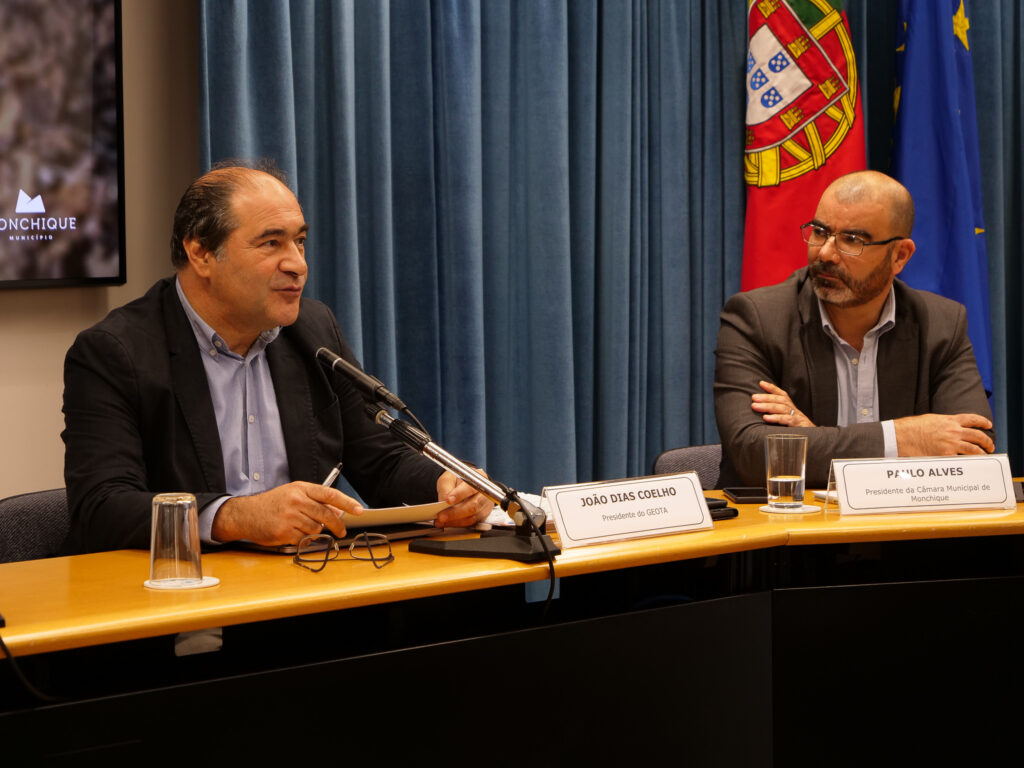
Basically, it is about «giving an alternative» to landowners, «in terms of what they are producing», presenting the «advantages they may have with other types of species, which are suited to the reality of the territory».
«That is what we are privileging: maintaining the endemic or autochthonous species of the region, trying to make them beautify and create a dynamic space for sustainable and rural tourism. This is all compatible with other local economic activities, providing the populations and landowners with their profitability», added the president of GEOTA.
In order to carry out this work, GEOTA and the Câmara de Monchique, which has worked closely with the Non-Governmental Organization and provided assistance at various levels to the project team, are counting on substantial financial support from Ryanair, the sponsor of this project. .
So far, the airline low cost and its customers have already contributed one million euros to this cause, 250 thousand euros for each year of Renature Monchique.
As explained by Thomas Fowler, Ryanair's Director of Sustainability, who was unable to attend the session, but sent a video statement, the money invested by the Irish company allowed "the reforestation of Monchique with another 200 trees" and will provide "the planting of another 75 thousand trees", later this year.
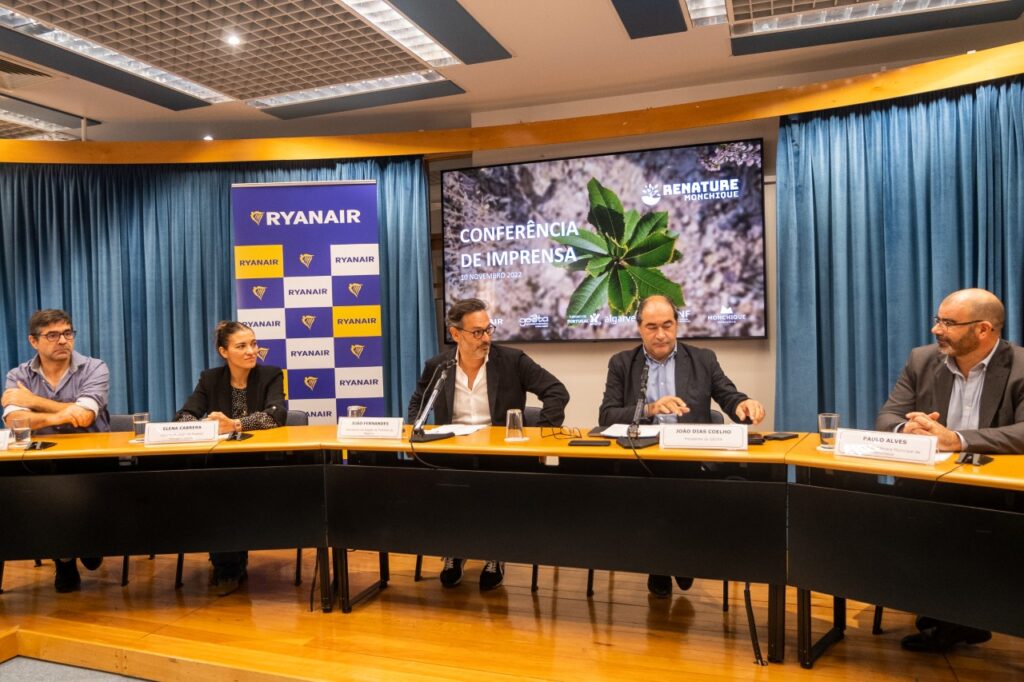
Both on the part of the funder, who was represented at the session by Elena Cabrera, country manager of Ryanair to Portugal and Spain, as of all partners - which also include the Algarve Tourism Region (RTA) and the Institute for the Conservation of Nature and Forests (ICNF) -, the balance of Renature Monchique, so far , "is positive".
«There has been good acceptance by the owners, although this is not always easy, in a first approach, because people are traumatized, not only with the fire, but often also with the lack of support that is increasingly being done. feel", assures João Dias Coelho.
Even so, «people welcome the idea, not least because then there is a whole local economy that is developing».
In the case of Monchique, there is also «a diverse foreign community, which fully adheres to the process. There are people who, not being from here, came here to live and are very interested in maintaining traditional aspects of their own agriculture and local production. This is very interesting".
«It is evident that there are also many Portuguese owners who also adhere to the project», added the president of GEOTA.
It was precisely this reality that Sul Informação found on the ground in 2020.
“The numbers show that people are involved in the process. From what I understand, there is great acceptance on the part of the owners, because they prefer to have some production on land that was abandoned or that were buffeted by fires. For example, the strawberry trees, three or four years after being planted, begin to bear fruit and give some income”, said Paulo Alves, mayor of Monchique.
The mayor of Monchique has no doubts that «the project has already left a mark in Monchique, by supporting 60 owners, planting more than 200 thousand trees, with another 75 thousand on the way».
All in a «simple and unbureaucratic» way, which encourages «the implementation of sustainable forest management in a territory worn out by the occurrence of rural fires».
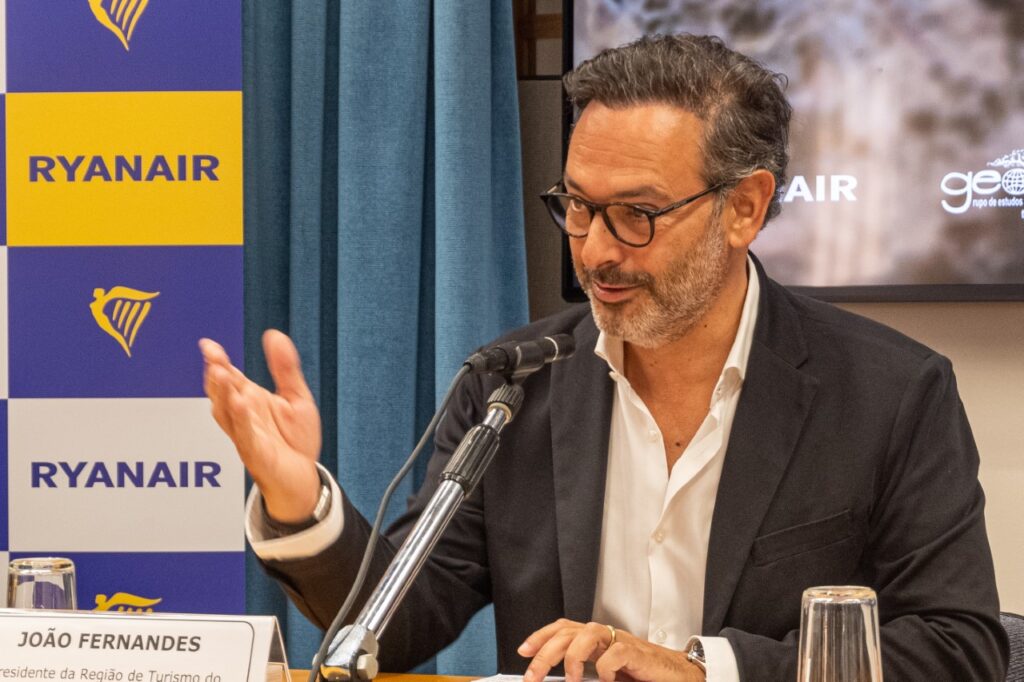
Another partner entity of the Renature Monchique project is Turismo do Algarve, whose president, João Fernandes, assured today that he “particularly cherishes” the initiative, not only for what it represents for nature conservation, but also for having followed it from the beginning.
«The restoration of these landscapes greatly benefits the competitiveness of the region, taking into account that today's tourists are increasingly looking for destinations that are committed to sustainability», he believes.
Now, with Ryanair's renewed support, which João Fernandes recalled which was offered, shortly after the fires, by Michael O'Leary, the airline's chief executive, the work on the ground will continue.
And this is fundamental, according to the president of GEOTA. since this «is a project of resilience, because we have to be always following the process, even when we already have the trees planted».
«We know, from the start, that 30% of the trees will not grow, so we have to replant and strengthen the teams on the ground», concluded João Dias Coelho.
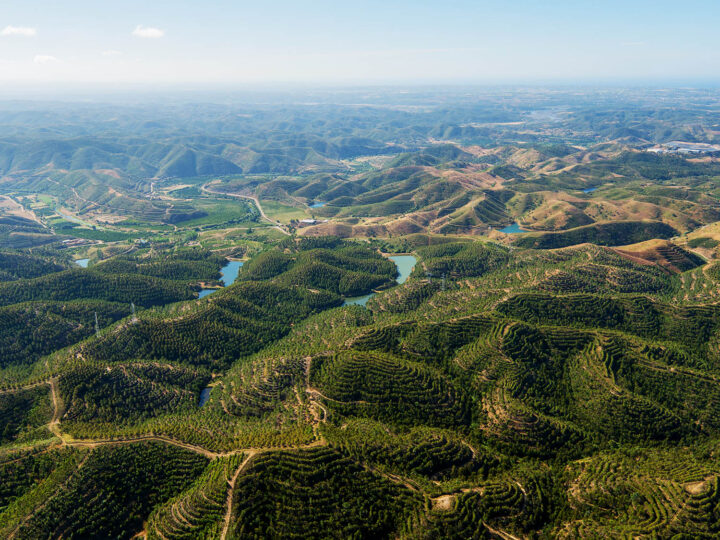
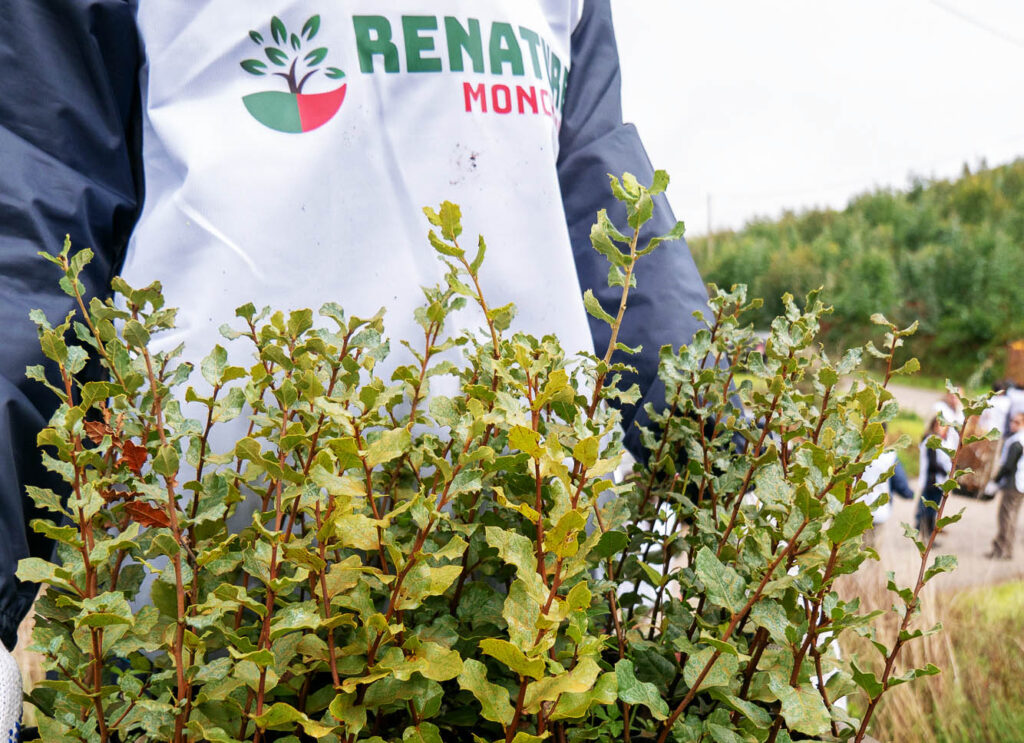


















Comments